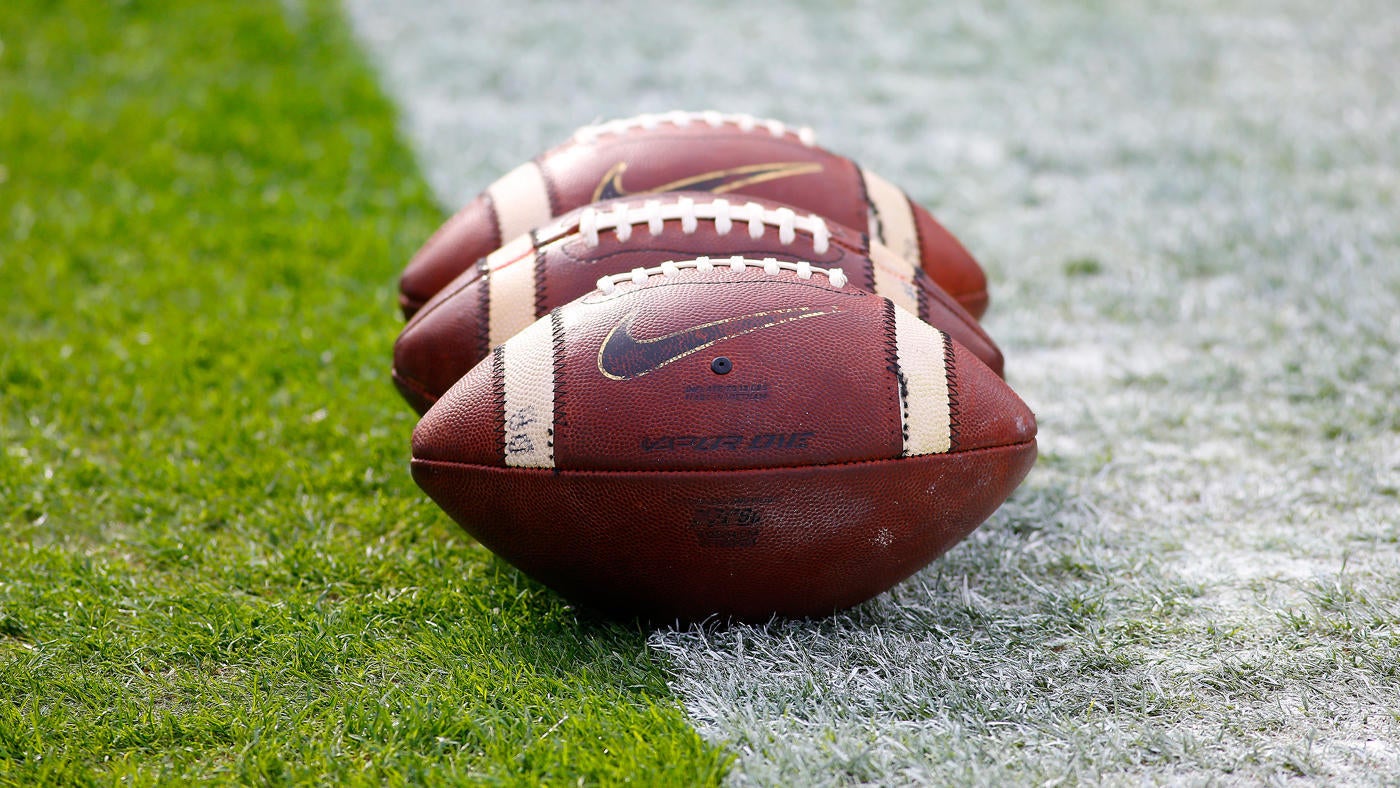
The SEC and Big Ten are at the center of developing a revenue sharing plan with players that would redefine college athletics for the future, CBS Sports has learned.
The still unrefined proposal — currently utilizing the name “Modern Model” — would not only share revenue with players but also perhaps help settle the House v. NCAA lawsuit that goes to trial in January 2025. The antitrust lawsuit is a class-action complaint alleging the NCAA and power conferences have conspired to suppress athletes’ compensation.
The lawsuit continues to be the top hurdle for programs in planning college athletics’ future. Settlement money alone could cost universities between $15 million and $20 million. Athletic directors have been frustrated trying to figure out how to rearrange their budgets or otherwise account for a payment of that size.
ESPN reported Monday night that the Power Four conferences are in “deep discussions” regarding a revenue sharing plan. It is not clear where that revenue would come from or how it would be distributed.
Sources told CBS Sports the revenue-sharing idea emerged out of the SEC-Big Ten joint advisory group that was announced by both conferences in February. The group is made up of university presidents/chancellors and ADs.
House plaintiffs attorney Jeffrey Kessler had no comment when reached, neither about the plan nor the prospect of settling the lawsuit.
“It’s something that [schools] hope they can take to Kessler and say, ‘Here’s something that we propose as the future model. Will you take this to settle as the future part of your case?'” explained a source familiar with the talks.
The House suit claims college athletes are entitled to a share of television revenue as well as money from their likenesses appearing in video games from the past.
Because it is an antitrust case, damages sought could be tripled. If the case goes to a jury and the NCAA loses, the association could be on the hook for at least $4.2 billion.
USA Today quoted a sports economics expert for the plaintiffs who said 7,000 current and former athletes would be entitled to that money.
“It’s the case that could end the NCAA,” sports law attorney Mit Winter told CBS Sports.
Since at least July 2021, major college athletics has been stuck in neutral as NIL emerged as a largely uncontrolled way to compensate players. Furthermore, multiple lawsuits and court rulings have gone against the NCAA. The landmark Alston v. NCAA ruling basically stripped the NCAA of its ability to even oversee compensation.
The association is facing at least three other major antitrust suits.
The SEC and Big Ten have increasingly taken over the sport as not just leading stakeholders but leaders, period. This was further evidenced by their recent demand to receive a combined 58% of College Football Playoff media revenue rights beginning in 2026. The conferences’ teams have combined to obtain 29 of 40 CFP slots across the first 10 years of the playoff.
Source link
#SEC #Big #Ten #developing #plan #share #revenue #players #potential #landmark #change #college #athletics